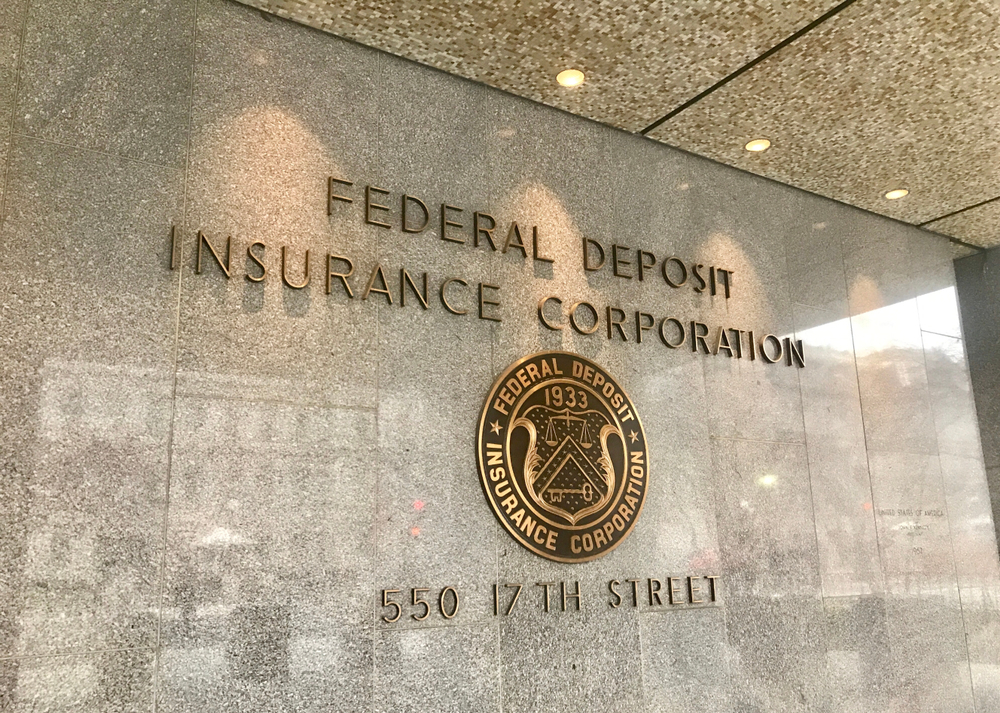If you are a true crypto-enthusiast, then you already know what is cooking between XRP and SEC, as it has been the highlight of the crypto market all these long months. The case has taken all sorts of impressive turns over the months, and it seemed for the most part that Ripple was winning it and SEC was kind of only managing to not let itself get into trouble.
The original conflict is that SEC believes that XRP is only security and not a cryptocurrency and therefore has to first register itself with authority to be operational. XRP, on the other hand, has an interesting statement that puts SEC’s credibility out in the open that SEC did register XRP as a cryptocurrency as it even says in one or two articles published by the commission, but along the way, it managed to change this statement by narrating XRP as a security.
This is all you need to know about the SEC vs. XRP rivalry; anyway, when you are fully caught up with everything, the latest on the tab is that Ripple filed a motion urging the court to acquire all the data related to XRP, BTC, and ETH holdings that SEC employees have engaged with over the years. SEC has brutally turned down the request and is not willing to cooperate on the matter.
Is Ripple Winning the Lawsuit?
SEC has plainly denied disclosing any and all data related to XRP, BTC, and ETH holdings. The main idea behind this move was that securities can’t be traded; only the cryptocurrencies can be, so why is SEC reluctant to share the data with the court? Because if it does and its employees have actually traded a few rounds on XRP, then it would be presumed that it is actually a cryptocurrency and not a security.
Given the fact that SEC employees were trading in XRP at the moment when its official status was not made apparent means that XRP indeed is a cryptocurrency. Because on the other hand, if the SEC employees didn’t think that it was security, then how can they set the claim now for it to be true out of nowhere? And more importantly how they believe the court and people to accept it when they didn’t have the first clue themselves in the first place.







